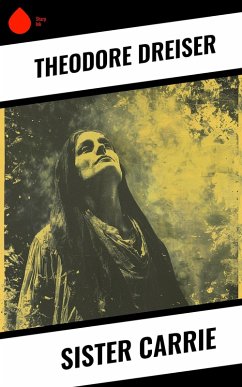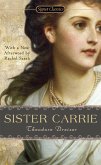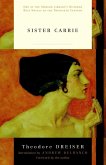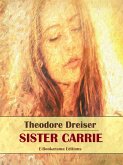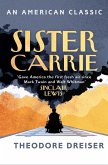Theodore Dreiser's "Sister Carrie" is a quintessential exploration of early 20th-century American society, dissecting the complex interplay of ambition, desire, and social constraints. Through the life of Carrie Meeber, a young woman who relocates to Chicago in search of opportunities, Dreiser employs a naturalistic literary style that highlights the deterministic forces of environment and circumstance, encapsulating themes of moral ambiguity and the struggle for identity. The narrative unfolds with a stark realism that reflects the economic realities and class struggles of the time, making it a pivotal work in American literature that critiques the American Dream itself. The author Theodore Dreiser, known for his unflinching depictions of societal issues, crafted "Sister Carrie" during a period of immense social change and industrial growth in America. Having experienced both the allure of city life and the harsh realities of poverty, Dreiser infused his protagonist's journey with autobiographical elements that resonate with his own life experiences. His commitment to portraying the human experience with authenticity helped establish him as a significant figure in the naturalist movement, influencing future generations of writers. "Sister Carrie" is a must-read for those interested in the darker undercurrents of the American Dream. Dreiser's probing analysis of the human condition invites readers to reflect on the forces that shape individual lives within a rapidly changing society. This enduring classic not only offers a rich narrative experience but also serves as an essential commentary on the enduring themes of ambition and societal expectation.
Dieser Download kann aus rechtlichen Gründen nur mit Rechnungsadresse in A, B, BG, CY, CZ, D, DK, EW, FIN, F, GR, HR, H, IRL, I, LT, L, LR, M, NL, PL, P, R, S, SLO, SK ausgeliefert werden.

